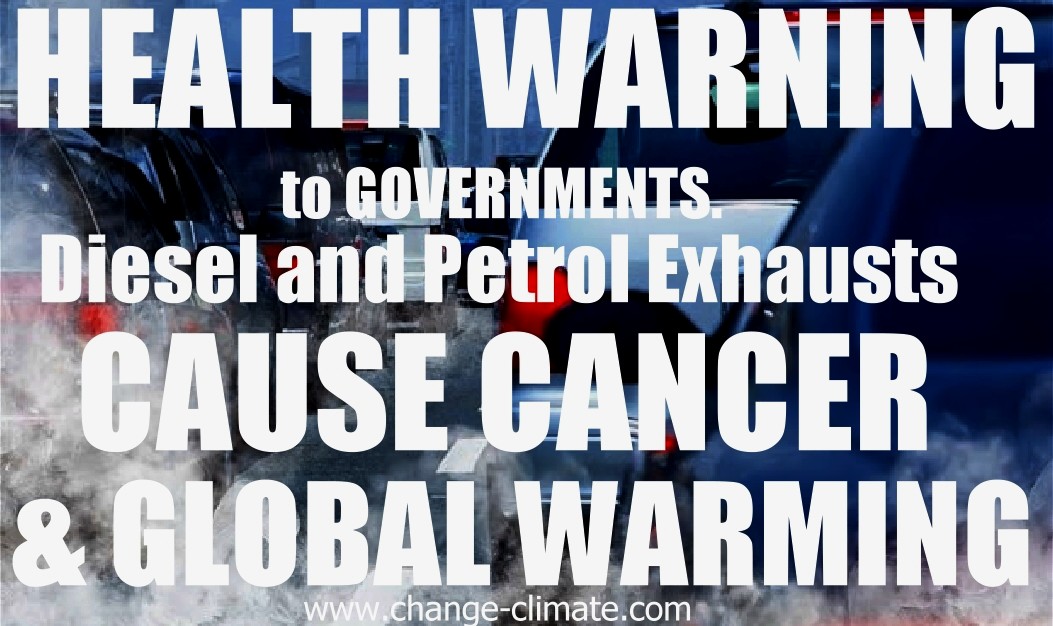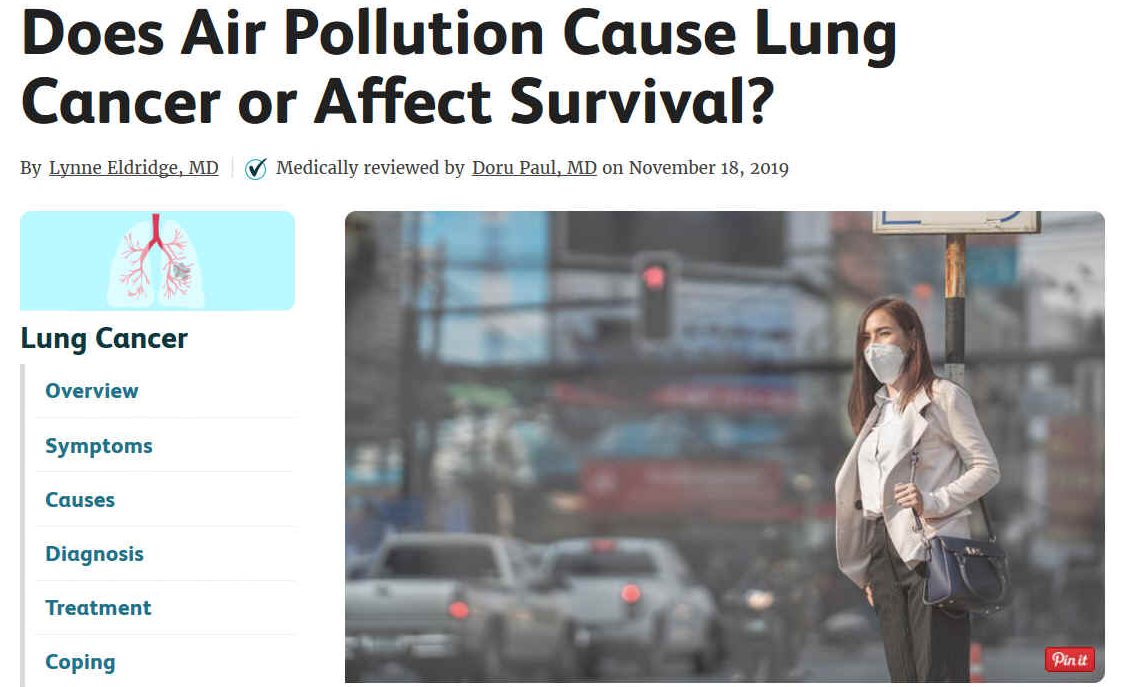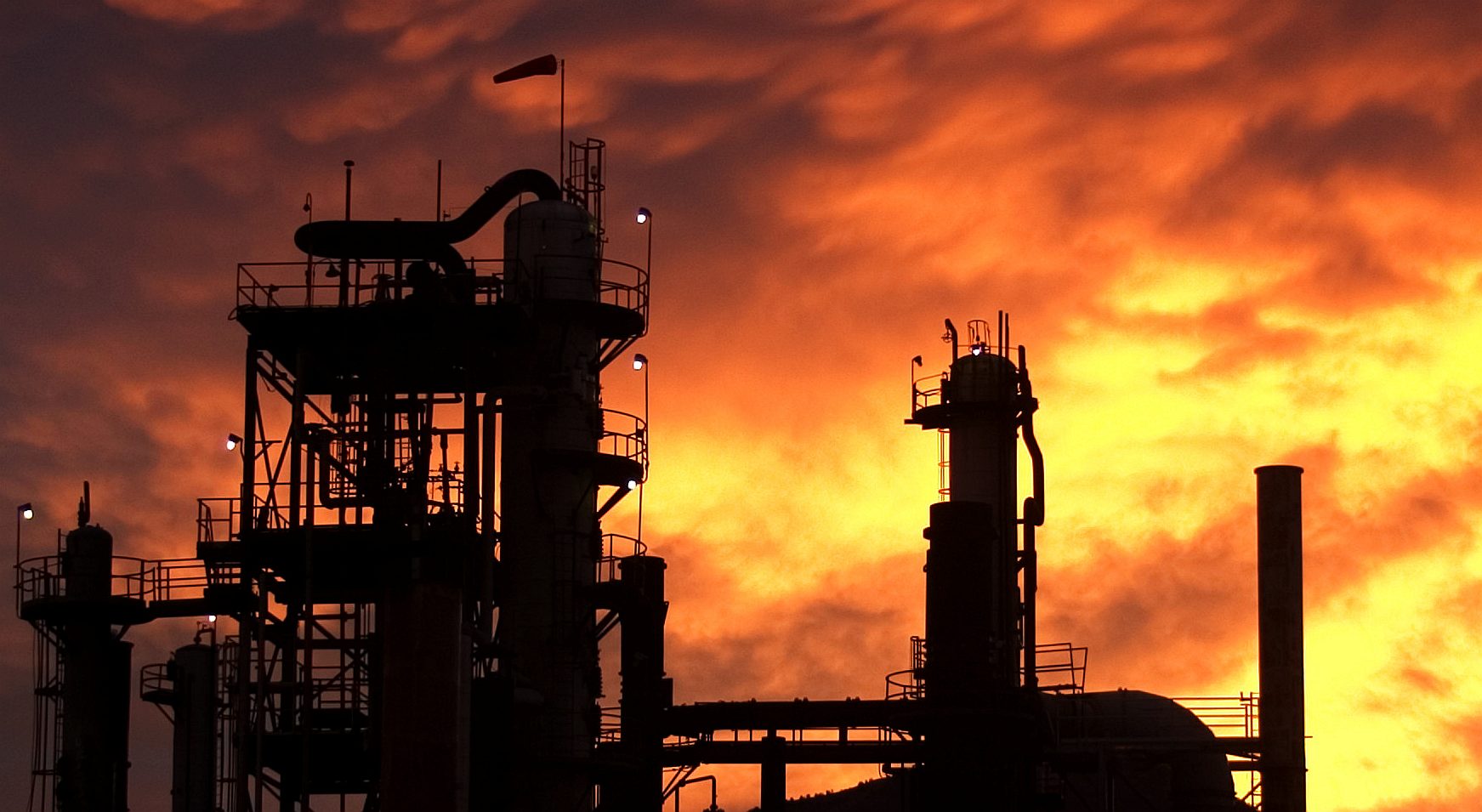|
A
- Z CANCER INDEX
Please use our
A-Z
INDEX to navigate this
site where pages may link to other sites

EXHAUST
PIPES -
The fumes from car exhausts kills us slowly when we burn
it and release the carcinogens into the atmosphere to create
smogs. We might as well be smoking cigarettes. But there is no
Government health warning on cars!
A
Anal Cancer
B
Bladder Cancer
Bone Cancer
Brain Tumors
Breast Cancer
Bronchial Tumors (Lung Cancer)
C
Cardiac (Heart) Tumors, Childhood
Cervical Cancer
Colon
Cancer
D
Ductal Carcinoma In Situ (DCIS) - see Breast Cancer
E
Esophageal
(throat cancer)
Eye Cancer
F
Fallopian Tube Cancer
G
Gallbladder Cancer
Gastric (Stomach) Cancer
Gastrointestinal Carcinoid Tumor
Gestational Trophoblastic Disease
H
Heart Tumors, Childhood
Hodgkin Lymphoma
I
Intraocular Melanoma
Islet Cell Tumors, Pancreatic Neuroendocrine Tumors
K
Kidney (Renal Cell) Cancer
L
Leukemia
Liver Cancer
Lung
Cancer (Non-Small Cell, Small Cell, Pleuropulmonary Blastoma, and Tracheobronchial Tumor)
Lymphoma
M
Melanoma
N
Nasal Cavity and Paranasal Sinus Cancer (Head and Neck Cancer)
Nasopharyngeal Cancer (Head and Neck Cancer)
O
Oral Cancer, Lip and Oral Cavity Cancer and Oropharyngeal Cancer (Head and Neck Cancer)
Ovarian Cancer
P
Pancreatic Cancer
Penile Cancer
Prostate Cancer
R
Rectal Cancer
Renal Cell (Kidney) Cancer
Research
- Harriet
Flood, Jill
Finn, Matthew
Flood
S
Skin Cancer
Stomach (Gastric) Cancer
T
Testicular Cancer
Throat Cancer (Head and Neck Cancer)
Thyroid Cancer
U
Urethral Cancer
V
Vaginal Cancer
Vulvar Cancer
W
Y
Remember Hinkley,
California and PG&E.

Air pollution levels tend to be higher in UK towns and cities.
So why would anyone live there? The answer to that is they
need the work and the money - so are prepared to accept the
risk of a shorter life and painful death. And of course it
costs more to live in the country, where there are no
affordable houses. Councils like Wealden
make sure of that.
In 2013, the International Agency for Research on Cancer (IARC) confirmed that outdoor air pollution is a cause of
cancer. Tiny dust-like particles just millionths of a metre wide, called ‘particulate matter’, make up a part of outdoor air pollution. The smallest particles known as PM10 and PM2.5 are linked to lung cancers caused by pollution. It is not fully understood how these particles can damage
DNA in cells and cause cancer.
The dread and fear that can come with a cancer diagnosis have their roots in its killer nature: It's the No. 2 cause of death in Americans, second only to heart disease, according to the Centers for Disease Control and Prevention. Even when diagnosed early and attacked with the latest treatments, it still has the power to kill.
To help raise money to find cures and treatments for cancer patients, the "Stand Up to Cancer" telethon
aired on ABC, NBC and CBS and other networks and cable stations starting
in September 2010. The telethon feature a host of celebrity guests, including George Clooney, Denzel Washington, Renee Zellweger and Will Smith.
"'Stand Up To Cancer' represents collaborative efforts" to provide funding for cancer research, Dr. Len Lichtenfeld, deputy chief medical officer of the American Cancer Society,
is quoted as saying.
"We would not be where we are if basic and clinical science wasn't funded," Lichtenfeld said. "Basic science teaches us about mechanisms, about how drugs may be effective, and we take that info and put it into a clinic to find out whether or not those new ideas work in cancer treatment."
While there are many successful treatments today that didn't exist just a couple decades ago, a wholesale "cure for cancer " remains elusive for many reasons. There are more than 100 types of cancer, characterized by abnormal cell growth. There are many different causes, ranging from
radiation to chemicals to viruses; an individual has varying degrees of control over exposure to cancer-causing agents.
Cancer cells, and how they grow, remain unpredictable and in some cases mysterious. Even after seemingly effective treatments, crafty cancer cells are able to hide out in some patients and resurface.
In 2010, about $200 billion had been spent on cancer research since the early 1970s, and the five-year survival rate for all people diagnosed with cancer in the U.S. has risen from about 50 percent in the 1970s to 65 percent.
Using the links above, you can take a look at the 10 cancers that killed the most people in the United States between 2003 and 2007, from data available, according to the National Cancer Institute (NCI).
LINKS
& REFERENCE
https://www.cancer.gov/types
https://cancerstatisticscenter.cancer.org/#!/state/California
https://www.lung.org/about-us/blog/2016/06/lung-cancer-and-pollution.html
https://doctor.ndtv.com/cancer/world-cancer-day-can-air-pollution-be-linked-to-cancer-our-expert-tells-2171604
https://www.thoughtco.com/what-is-smog-3444125
https://www.verywellhealth.com/air-pollution-and-lung-cancer-2249413
https://airnow.gov/
https://www.cancerresearchuk.org/about-cancer/causes-of-cancer/air-pollution-radon-gas-and-cancer/how-can-air-pollution-cause-cancer

This
website is provided on a free basis as a public information service.
copyright © Climate Change Trust 2022. Solar
Studios, BN271RF, United Kingdom.
|


